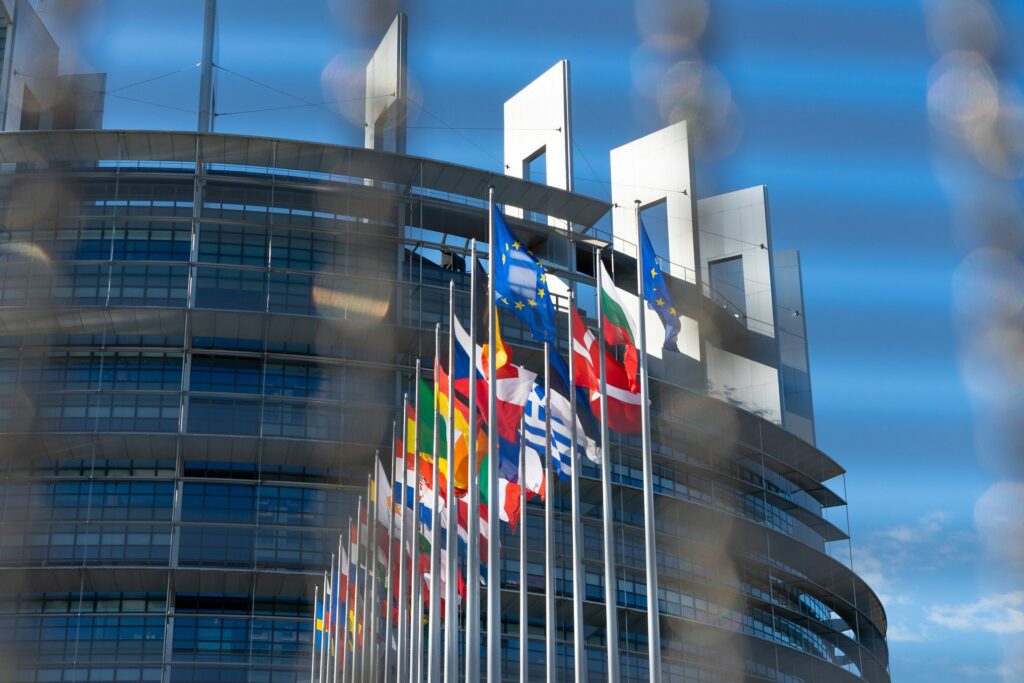
Trade body Flow Batteries Europe (FBE) has written to EU legislators imploring them to include its members’ products in the scope of upcoming Battery Passport regulations.
The Battery Passport scheme will mean that all components and systems that go into a battery’s production will have to be traceable, ensuring the social and environmental sustainability of energy storage.
Enjoy 12 months of exclusive analysis
- Regular insight and analysis of the industry’s biggest developments
- In-depth interviews with the industry’s leading figures
- Annual digital subscription to the PV Tech Power journal
- Discounts on Solar Media’s portfolio of events, in-person and virtual
But the current proposal, part of a raft of upcoming legislation around making the battery sector more sustainable – ‘Sustainable Batteries Regulation’ – focuses on batteries with internal storage, which excludes other technologies like flow batteries.
Anthony Price OBE, Secretary-General of Flow Batteries Europe, commented: “Flow batteries already present strong sustainability benefits, and the industry is willing to push them even further. However, we need a signal from the legislators. The European Union must put in place the right investment and legislation for long-duration energy storage to thrive.”
The FBE sets out commercial and environmental concerns in a position paper. The first issue is that the current proposals may be seen as giving an unfair advantage to internal storage batteries over other types, and may also distort the flow battery market itself.
Because many of the Battery Passport’s key disclosure requirements like carbon footprint, safety and supply chain due diligence are already requested by both flow and lithium battery customers, a standardised and widely-accepted list of information would help the industry. But implementing this, which the scheme does, for only one technology implies that technology is preferred over others.
An example it highlights is awarding Passport-included batteries a carbon footprint performance class which would not be available to the excluded technology.
Within the flow battery sector itself, it might also give an unfair advantage to producers who decide not to collect and make available such information without an explicit requirement to do so. It raises the possibility of cheaper flow battery products with lower environmental standards from outside the EU flooding the market.
A second issue raised by FBE is an environmental one and relates to something raised by many delegates and speakers at Energy Storage Summit 2022 last week in London. It says that ‘renewable gaps’ in one local grid studied lasted for 8-10 hours and not just the 1-2 hours that short-duration storage could address.
It also argues that flow batteries already score well on sustainability with long cycle life meaning 20-year-plus lifetimes, which further bolsters the argument to include them in carbon footprint performance rankings.
It finishes the paper by saying that flow batteries shouldn’t be included under all of the requirements since some are only relevant for technologies like lithium-ion.
It recommends including flow batteries for “…key sustainability requirements of the Battery Passport, such as the carbon footprint calculation, safety and supply chain due diligence”.
Energy-storage.news has asked the European Commission’s press team to address these points and will include their response when it is received.






